The Policy Advocacy Centre put together a high profile roundtable in December 2018 with the Director General of the budget Office of the Federation, Dr Ben Akabueze as the keynote speaker.The focus was to decipher and offer solutions to the intractable unworkability of the national budget system which creates waste,inefficiency and stunted national growth and development.
With Dr Joe Abah,Country Director of DIA, as co-chair of the event,the President of the Abuja Chamber of Commerce and Industry ,a policy expert himself,presided over the discussions with Dele Oye,Natioal Vice President of NACIMMA,ex-ministers and top flight professionals as participants. Participants were drawn from the academia,public service,Organised Private Sector,media and civil society.
The keynote speaker sheds light on the budgetary process even as he frankly identified hiccups along the budgetary chain.For almost seven hours,participants applied the keynote speech as a plank for brainstorming on what is wrong and what are the solutions to the challenges facing the budget process.
Participants after exhaustive discussions for almost seven hours agreed on the following about the state of Nigerian federal budget namely:
• That imbalance within the federal political structure negatively affects the budgeting system;
• That the budget office lacks requisite autonomy to operate for an efficient budget office;
• That the procurement system is responsible for the delay in the budget implementation process;
• That unpredictable budget cycle renders achievements of governments programme impossible;
• That the feud over budgetary authority between the executive and the legislature constitutes major impediments to efficient budgeting system;
• That budget padding through constituency projects remains a major distortion of budget targets and goals;
• That the executive bill which is an organic budget law designed to reform the budgetary system is unattended to by the legislature;
• That there is confusion to be resolved judicially about which arm of Nigerian government has the final say on the budgeting system;
• That there is little or no communication between the budget offices within both the executive and the legislative arms;
• That there is bitter infighting within the legislature over the control of the appropriation process;
• That political interference is a major huddle to efficient budgeting system;
• That the private sector is not fully integrated into the national budgeting system;&
• That the budgeting system is in dire need of reform if government is to achieve any meaningful progress in governance.
Participants finally agreed on specific policy recommendations for the government and all stakeholders. The recommendations are as follows:
1. That stakeholders should urgently seek judicial interpretation on which arm of government has the final authority over the national budget. The constitution presently assigns responsibility for the budget to both the legislature and the executive. The unfinished judicial interpretation at the lower courts should be taken to the Supreme Court for final determinations;
2. That the law establishing the Bureau of Public Procurement Act should be amended with immediate effect. The areas of amendment as suggested include reducing the time for the procurement process, limiting interference in MDAs’ procurement, opening up the project certification process among others. The OPS is requested to embark on advocacy to achieve these goals;
3. That the organized private sector should be structurally integrated into the budget planning, design and organizational processes. Such involvement will transform the budget into a live document with potency for effective impacts on the nation;
4. That budget institutions and agencies should be granted autonomy to ensure expertise and technical know in budget preparation and implementations. The Budget Office of the Federation should transform into an autonomous institution under the Presidency. This will empower specialists and professionals in the office to work more technically with efficient returns on national budget;
5. That the National Assembly should be encouraged to pass the pending organic bill on national budget without further delay. It is high time the National Assembly has a legal framework beyond what was provided in the constitution. Such an organic law will allocate responsibilities, provide timelines and integrate monitoring and evaluation across the arms of government.
Participants were not contended with the sessions alone. They mapped out next line of action to ensure that affected stakeholders follow through recommendations. The next line of actions is listed as follows:
1. The President of Abuja Chambers of Commerce and Industry who was also the Chairman of the Roundtable is to forward the report and recommendations to key stakeholders within and outside government. This is to bring the recommendations to the notice and attention of all affected for implementations;
2. The OPS spearheaded by Abuja Chambers of Commerce and Industry is to commence advocacy activities for the amendment of the BPP Act;
3. The OPS spearheaded by Abuja Chamber of Commerce and Industry is to host a roundtable on the Organic National Budget Bill before the National Assembly;
4. The OPS led by Abuja Chamber of Commerce and Industry is to host a National Roundtable with the National Assembly over its Budget office and processes;
5. The OPS led by Abuja Chamber of Commerce and Industry is to organize stakeholders for a more integrated involvement in the national budgeting process.
6. Stakeholders should be encouraged to support and advocate for judicial interpretation of the constitutional provision on powers of the various arms of government.
Signed
Prince Adetokunbo Kayode,CON,SAN,
President, Abuja Chamber of Commerce and Industry

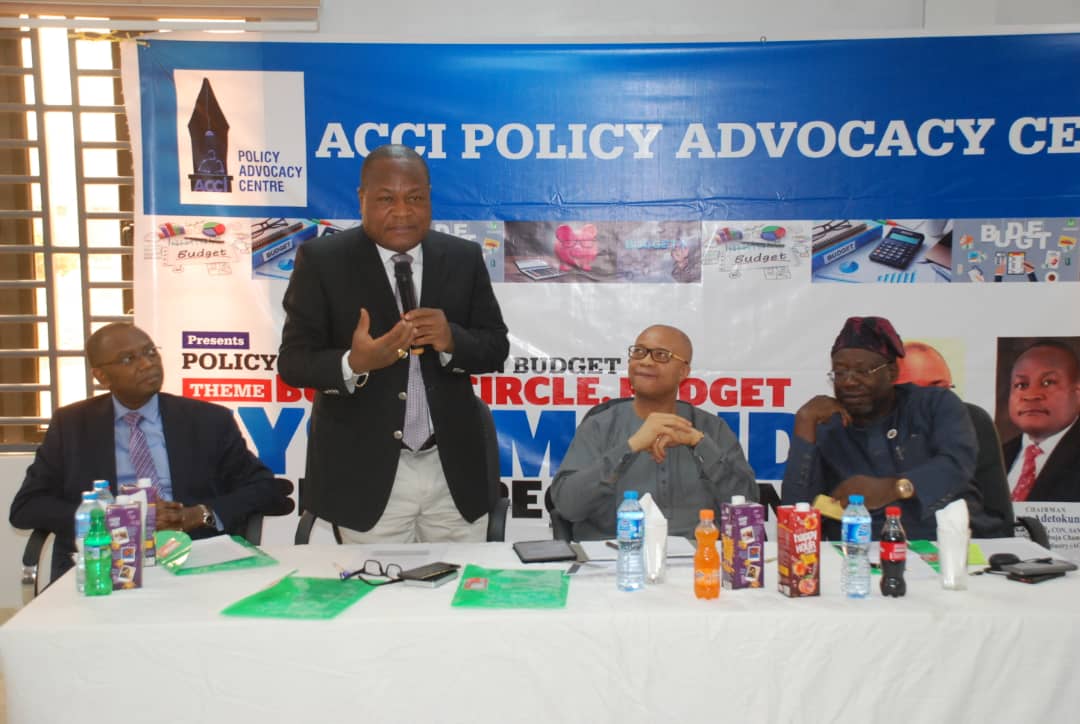
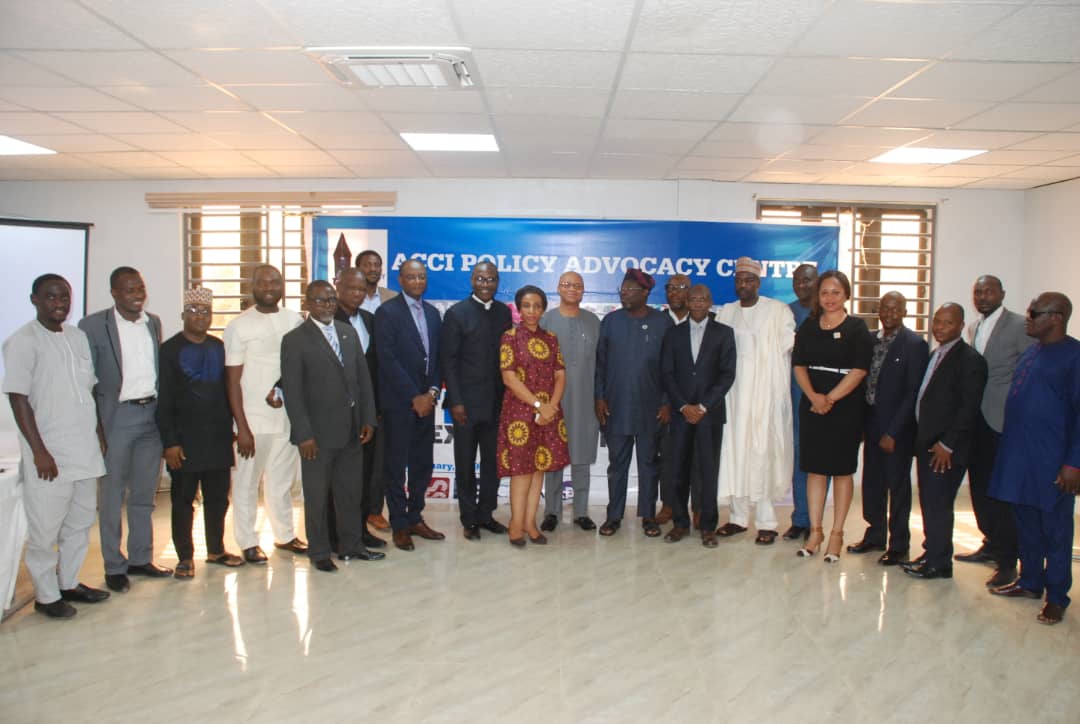

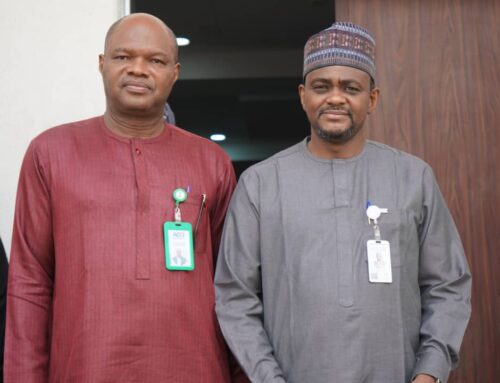
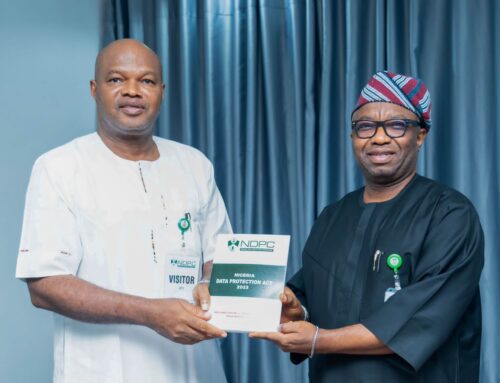
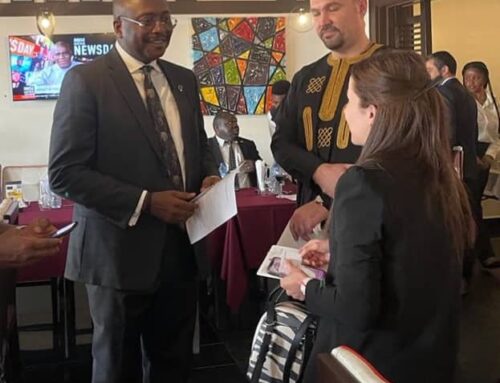


Leave A Comment